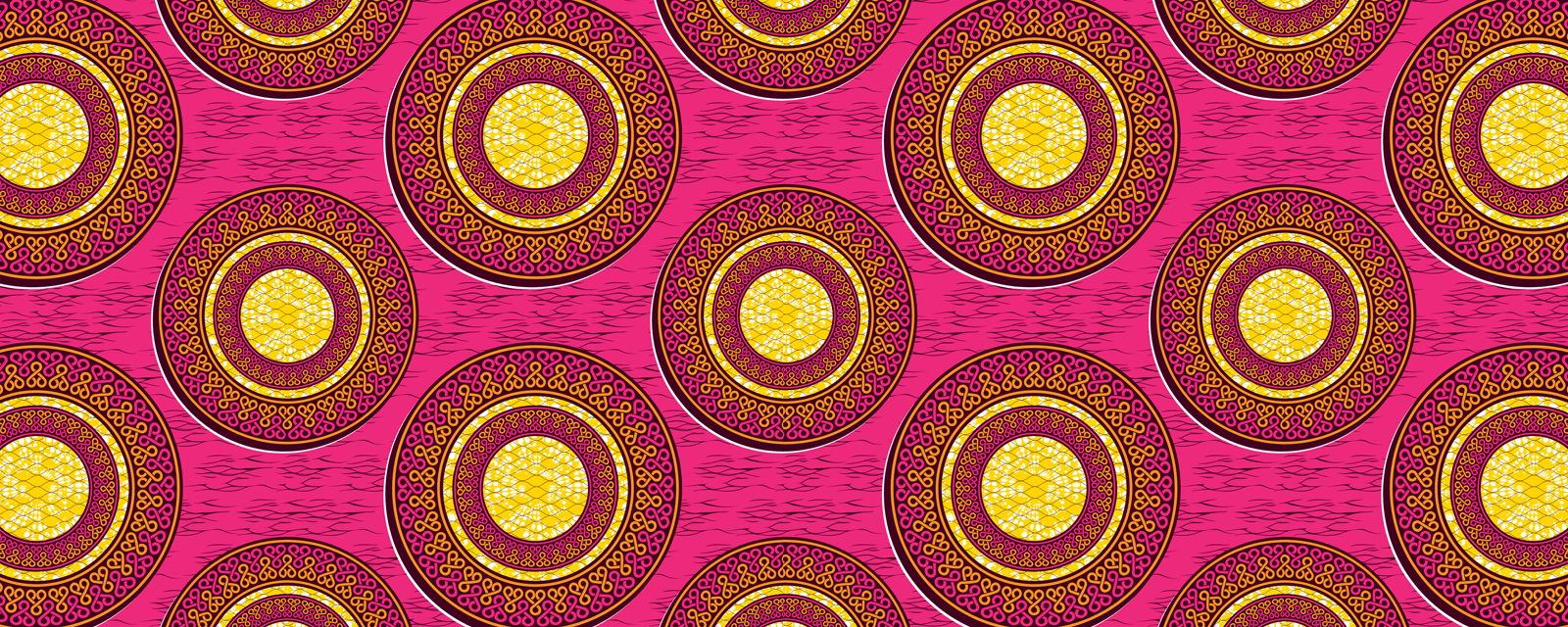Another group (see Balwo) of love songs from Somalia. Balwo means ‘sorrow’, and the subject of this type of song is invariably unhappy love which is described briefly in striking and unusual images. These songs are immensely popular in Somalia and are regarded by the orthodox as blasphemous (see no. 1: “let not now the imam / drive you from your song”). Abdi Simino, b. 1920s, is credited with having devised and popularised the form.
1
Since, when you die, delight
By earth’s silence will be stilled,
Then let not now the imam
Drive you from your song.
2
I long for you, as one
Whose dhow in summer winds
Is blown adrift and lost, (1)
Longs for land, and finds -
Again the compass tells -
A grey and empty sea.
3
A man enchanted by the waking dream
That enters like a djinn, his heart to own, (2)
Can never sleep, Amiina — I have been
Away, these nights, walking the clouds of heaven.
4
Do you now, Waysara cause my head to spin,
And then refuse me solace in my wretchedness?
5
If I set myself to write
0f the love that holds my heart.
A wondrous great Kitab (3)
Could not contain it all.
6
Like a camel sick to the bone.
Weakened and withering in strength.
So I, from love of you,
Oh Dudi, grow wasted and gaunt.
7
I ask the stealthy hyena (4)
Who prowls past Dunbuluk’s fires,
If he, from his wide wandering.
Brings back one word of you.
8
Sustenance, shelter, kindness and all your due,
You were refused, Dolweris, in those days:
He who begot you knows why now you seek
A bitter loveless sleep in strangers’ arms.
9
The bonds of kindred blood that claimed (5)
First loyalty from me,
Are sundered, Weeris, for your sake,
Since you now claim my heart.
10
Your bright mouth and its loveliness,
Your fragrance, the look of you -
Ubah, flower-named, for these (6)
My journey is forgotten.
11
So perfect are her teeth, one might mistake
Their whiteness for the palest inner bark
Cut from a place of Allah’s kindly Grace
Where new rains fell and the ‘galol’ tree flourished, (7)
And fashioned into a vessel, bound around
With pearls, pink-glowing, garnered from Zeilah’s sea. (8)
12
Turn not away in scorn.
Some day a grave will prove
The frailty of that face,
And worms its grace enjoy.
Let me enjoy you now -
Turn not away in scorn.
13
All your young beauty is to me
Like a place where the new grass sways
After the blessing of the rain,
When the sun unveils its light.
14
The girls who were fair as diamonds
And slender as the trees -
In the country that they left,
Why should I remain?
15
Your body is to Age and Death betrothed,
And some day all its richness they will share:
Before your firm flesh goes to feed their lusts,
Do not deny my right to love you now.
16
You hear my pleading songs to you,
But surely the drought of the last Jilal (9)
Has addled your brain and shrivelled your heart -
Else why do you not come to me?
17
She is like her mother before her,
Lithe and straight of limb.
Her body should be clad
in fine-spun silken robes.
18
The curving of your breasts
Like apples sweet and small,
Talmoon, I will know again
When night turns dusk to dark. (10)
19
He who has laid between her breasts
May call his life fulfilled.
Oh Allah, may I never be denied
The well of happiness.
A Tree for Poverty: Somali Poetry & Prose,
M.A. Lawrence,
Nairobi, 1954.
Footnotes
- Somalia has a long coastline and its traders have for centuries dealt with India and China.
- djinn: A supernatural being able to shape-shift and to intervene in human affairs for good or for evil.
- Kitab: Literally a book, but for the majority of Somalis at the time, the Qur’an and a few theological tracts were the only books known, giving them associations of mystery and power. These are oral songs but Somali has for centuries been a written language.
- Hyenas are loathed as unclean and hated as cattle-killers, but they are considered to have brains like men and to be capable of infinite guile.
- The strength of clan loyalites are both the blessing and curse of Somali society.
- The word ‘ubah’ means flower.
- A type of acacia with the white bark used for making the vessels once used in pearl fishing. The girl’s teeth are like the pearls used to decorate such boats.
- A port in the extreme north-east.
- Somalia’s winter, usually marked by drought.
- That is, when they next make love together.

